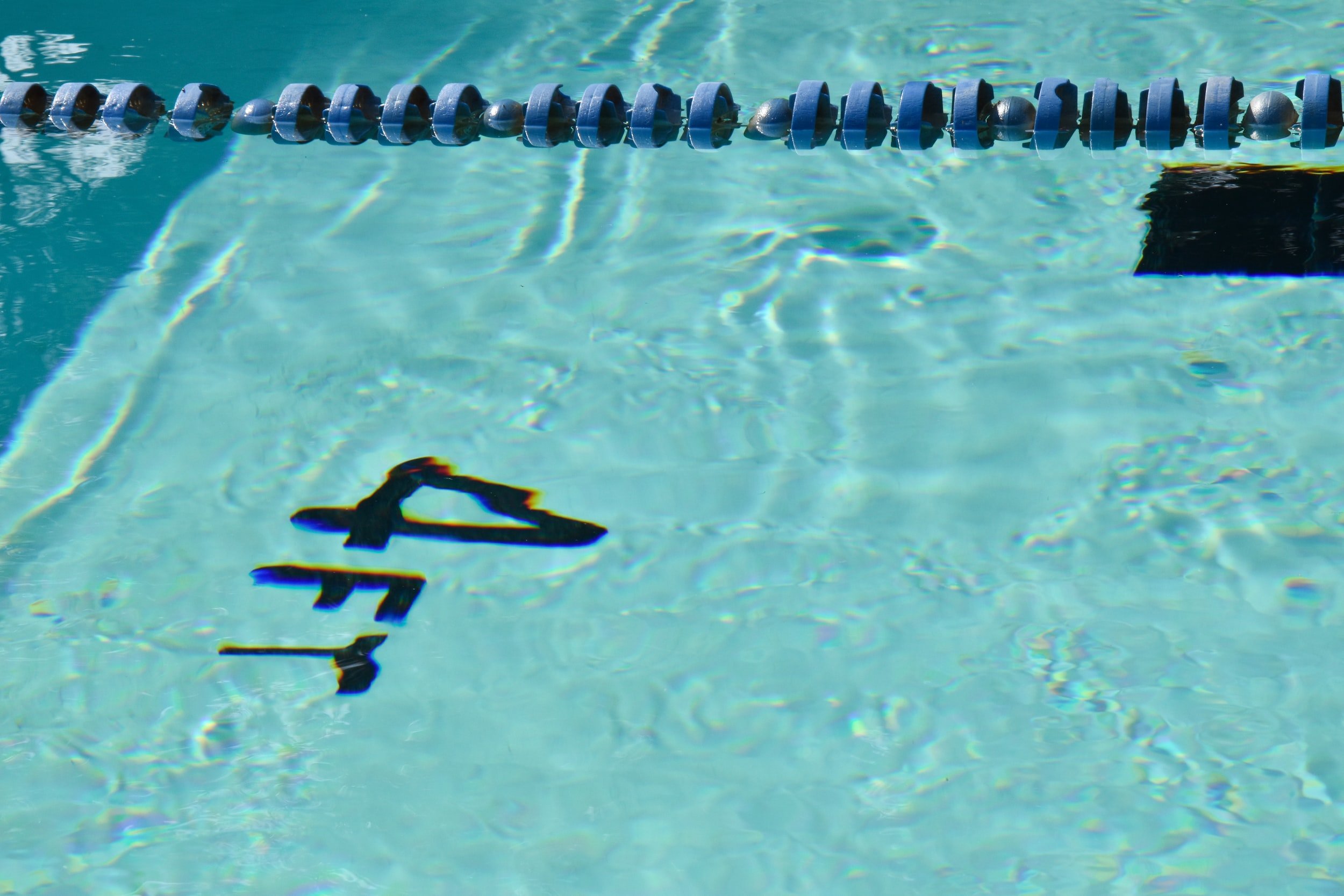Understanding the Ins and Outs of Pool Chlorine
Chlorine is a popular low-cost chemical treatment that keeps a pool healthy and prevents the spreading of countless bacteria.
Chlorine is a popular low-cost chemical treatment that keeps a pool healthy and prevents the spreading of countless bacteria. Once pool owners find an appropriate chemical balance, they can relax and swim without worrying about harmful pathogens. However, there are several factors most people don't know about this beneficial chemical.
Please keep reading to learn more:
Chlorination methods
Many aren't aware that there are two chlorination methods: granules and tablets.
Granules
Granules aren't the most effective method for maintaining excellent pool hygiene. They enter the water through the pumps and filters, dissolve, and reach all pool areas thanks to the filtration system. However, the process is time-consuming, and there's no guarantee that the chlorine will spread evenly across the pool. This means while parts of the water are packed with chemicals, others will remain unsanitized. In addition, a high chlorine concentration in certain parts of the water degrades the pool's durability and shortens its service life, causing long-term damage to the liners.
Tablets
On the other hand, chlorine tablets are easier to use, and pool owners can place them inside the skimmer basket or add them to an automatic chlorinator. Whether used with a chlorinator or basket, chlorine tablets provide a more even chemical distribution, making the water safe and healthy.
Optimal chlorine level
The optimal chlorine level inside a pool is three ppm (parts per million). The water isn't clean if the balance falls below this number. But when the concentration exceeds this threshold, it's necessary to dilute the water or invest in a chlorine neutralizer to maintain the chemical levels.
Types of chlorine
Chlorine comes in two types: stabilized and unstabilized.
Stabilized
Stabilized chlorine works best in outdoor pools since it prevents sun damage and the chemical won't burn off in the water. It contains cyanuric acid, a substance often referred to as a pool or chlorine stabilizer.
The cyanuric acid ensures that the chlorine remains in the water longer, bolstering its effectiveness in ensuring the pool's cleanliness. Additionally, pool owners don't have to replace stabilized chlorine frequently, saving time and energy and simplifying pool maintenance.
When buying chlorine for outdoor pools, always check the list of ingredients. Some packaging often doesn't state whether the chlorine is stabilized. It's a stabilized product if "Trichlor" appears on the ingredients list.
Before adding stabilized chlorine to the pool, consult a professional. When there's a cyanuric acid buildup, draining the pool is the only way to resolve the problem.
Unstabilized
Unstabilized chlorine, however, becomes less effective when exposed to ultraviolet rays. Hence, while it's not the best solution for outdoor pools, it's an excellent way of sanitizing indoor pools. Therefore, ensure "Cal-Hypo" is an active ingredient when shopping for unstabilized chlorine.
Maintain excellent pool hygiene
Chlorine plays a crucial role in keeping a pool healthy. However, finding and maintaining optimal chemical levels can be challenging. Fortunately, an experienced pool service can assess the situation and recommend the best sanitizing options.
Dog Days Pool Service is a pool service company serving Clearwater, Safety Harbor, and all surrounding areas. We offer a wide range of pool services and pool repairs. Our team would love to hear from you! (727) 205-0566.

